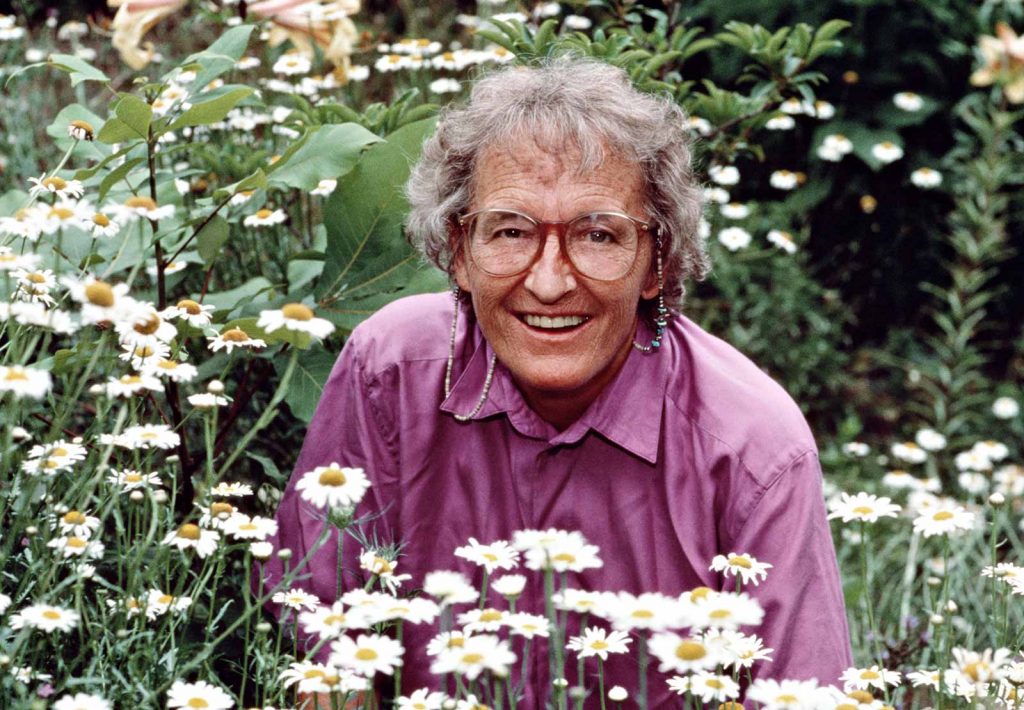
Last month I was lucky enough to take an all-day online workshop from Laurie Schnebly Campbell. Campbell, an Arizona writer and workshop facilitator, spent a few hours talking about how to put the joy back in writing. Her take is that writers sometimes lose that joy in the pursuit of publication. Being creative for the sake of creating is fun, but being tied to results can undermine joy.
It’s hard not to be tied to results. When I go into the kitchen to bake a loaf of bread, I expect I’ll end up with something close to edible. After I finish writing today, I’m going out to the garden to plant garlic. Come next summer I expect to be harvesting. I know intellectually that something might go sideways. There could be a power outage just when I get the bread into the oven or weather (or wildlife!) that negatively impacts my garlic harvest, but for the most part I anticipate positive results.
For a writer, positive results equate getting published. But they don’t have to.
A few days after the Campbell workshop, I had a phone catch up with a good friend, a fellow writer who recently lost her mother. Very soon after her mother passed away, a story idea took hold and she began to write. The idea excited her, the distraction from ‘real life’ was a bonus and she found herself being carried away by the story itself, and nothing more. The joy in the writing was propelling her forward in a way it hadn’t for a very long time. She wasn’t giving any thought to outcomes. In her words, she had no idea if the story would ever see publication and that didn’t matter. For her, the joy was in the doing. In the same way a violinist or any kind of musician takes joy in creating lovely music.
That was precisely Laurie Schnebly Campbell’s point. So, how do we get to the place where we aren’t caught up in the results, where joy is our fuel?
Here are some take away suggestions from the workshop.
Write something new. Write poetry instead of prose or a mystery instead of mainstream fiction.
Fill the well away from the keyboard/take some time away from writing.
Write to music that moves you.
Keep a selection of starter phrases on hand to kickstart your writing (examples: I wish I knew at the time . . . or If I’d left an hour earlier)
Go and sit somewhere with great sensory input.
Write about something you love that has nothing to do with writing.
Keep a journal.
And my personal favorite from a fellow workshop participant: “I go to the keyboard and say to myself ‘let’s just sit down and see what happens.’” In other words, she gives herself permission to play.
I’m not sure I’ll ever be able to completely give up my expectations around results. I still like knowing flowers will bloom when I plant seeds, cookies will be ready after I bake them, and books will be read after I write them. But I’ve decided to focus more on playing than striving, and to hold onto hope rather than expectations. Hope is a good thing to have these days. And for more on that, you might like to check out this blog by another writer friend of mine, Alice Valdal. https://www.alicevaldal.com/thanksgiving-2020/
















Comments